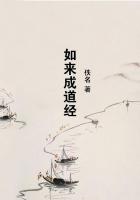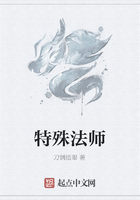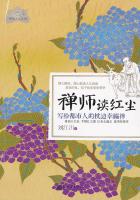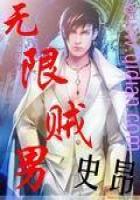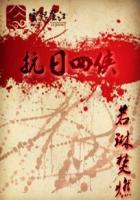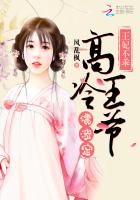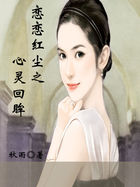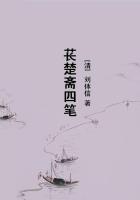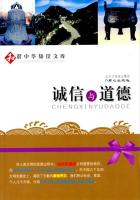Holyoke's death, one of the points most insisted upon as characteristic of that wise and good old man was the perfect balance of all his faculties. The same harmonious adjustment of powers, the same symmetrical arrangement of life, the same complete fulfilment of every day's duties, without haste and without needless delay, which characterized the master, equally distinguished the scholar. A glance at the life of our own Old Master, if I can do any justice at all to his excellences, will give you something to carry away from this hour's meeting not unworthy to be remembered.
>From December, 1797, to October, 1799, he remained with Dr. Holyoke as a student, a period which he has spoken of as a most interesting and most gratifying part of his life. After this he passed eight months in London, and on his return, in October, 1800, he began business in Boston.
He had followed Mr. Cline, as I have mentioned, and was competent to practise Surgery. But he found Dr. John Collins Warren had already occupied the ground which at that day hardly called for more than one leading practitioner, and wisely chose the Medical branch of the profession. He had only himself to rely upon, but he had confidence in his prospects, conscious, doubtless, of his own powers, knowing his own industry and determination, and being of an eminently cheerful and hopeful disposition. No better proof of his spirit can be given than that, just a year from the time when he began to practise as a physician, he took that eventful step which in such a man implies that he sees his way clear to a position; he married a lady blessed with many gifts, but not bringing him a fortune to paralyze his industry.
He had not miscalculated his chances in life. He very soon rose into a good practice, and began the founding of that reputation which grew with his years, until he stood by general consent at the head of his chosen branch of the profession, to say the least, in this city and in all this region of country. His skill and wisdom were the last tribunal to which the sick and suffering could appeal. The community trusted and loved him, the profession recognized him as the noblest type of the physician. The young men whom he had taught wandered through foreign hospitals; where they learned many things that were valuable, and many that were curious; but as they grew older and began to think more of their ability to help the sick than their power of talking about phenomena, they began to look back to the teaching of Dr. Jackson, as he, after his London experience, looked back to that of Dr. Holyoke. And so it came to be at last that the bare mention of his name in any of our medical assemblies would call forth such a tribute of affectionate regard as is only yielded to age when it brings with it the record of a life spent in well doing.
No accident ever carries a man to eminence such as his in the medical profession. He who looks for it must want it earnestly and work for it vigorously; Nature must have qualified him in many ways, and education must have equipped him with various knowledge, or his reputation will evaporate before it reaches the noon-day blaze of fame. How did Dr. Jackson gain the position which all conceded to him? In the answer to this question some among you may find a key that shall unlock the gate opening on that fair field of the future of which all dream but which not all will ever reach.
First of all, he truly loved his profession. He had no intellectual ambitions outside of it, literary, scientific or political. To him it was occupation enough to apply at the bedside the best of all that he knew for the good of his patient; to protect the community against the inroads of pestilence; to teach the young all that he himself had been taught, with all that his own experience had added; to leave on record some of the most important results of his long observation.
With his patients he was so perfect at all points that it is hard to overpraise him. I have seen many noted British and French and American practitioners, but I never saw the man so altogether admirable at the bedside of the sick as Dr. James Jackson. His smile was itself a remedy better than the potable gold and the dissolved pearls that comforted the praecordia of mediaeval monarchs. Did a patient, alarmed without cause, need encouragement, it carried the sunshine of hope into his heart and put all his whims to flight, as David's harp cleared the haunted chamber of the sullen king. Had the hour come, not for encouragement, but for sympathy, his face, his voice, his manner all showed it, because his heart felt it. So gentle was he, so thoughtful, so calm, so absorbed in the case before him, not to turn round and look for a tribute to his sagacity, not to bolster himself in a favorite theory, but to find out all he could, and to weigh gravely and cautiously all that he found, that to follow him in his morning visit was not only to take a lesson in the healing art, it was learning how to learn, how to move, how to look, how to feel, if that can be learned. To visit with Dr. Jackson was a medical education.
He was very firm, with all his kindness. He would have the truth about his patients. The nurses found it out; and the shrewder ones never ventured to tell him anything but a straight story. A clinical dialogue between Dr. Jackson and Miss Rebecca Taylor, sometime nurse in the Massachusetts General Hospital, a mistress in her calling, was as good questioning and answering as one would be like to hear outside of the court-room.
Of his practice you can form an opinion from his book called "Letters to a Young Physician." Like all sensible men from the days of Hippocrates to the present, he knew that diet and regimen were more important than any drug or than all drugs put together. Witness his treatment of phthisis and of epilepsy. He retained, however, more confidence in some remedial agents than most of the younger generation would concede to them. Yet his materia medica was a simple one.

